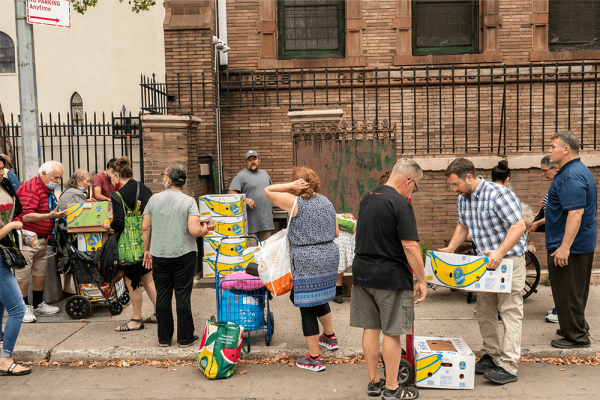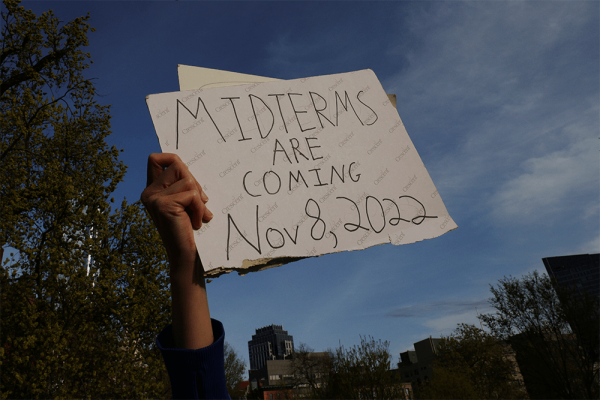In current times, the idea of the heathen underpins “a White American Christian superiority complex.” Lum explores this through the white savior trope, pointing to the historical example of how many white Americans positioned themselves “in opposition to the heathen world… [in order] to give themselves a venue for the evangelizing work that marked them as the givers [rather] than recipients of aid.” Within the context of the United States, “heathen” has become a racial and classist designation meant to distinguish between the so-called “first world” and the “third world.”
Cubans celebrated the results of a landmark referendum on Sept. 25 that legalized same-sex marriage, redefined the legal family, expanded rights for the elderly and children, and more.
Far too many Christians cling to a stubborn belief that individual acts of charity are sufficient to fulfill their obligation to help all those experiencing hunger and poverty. While acts of charity like donating to a regional food bank or volunteering at a local soup kitchen are commendable and indeed necessary, they are not sufficient. Christians not only have a duty to do good works through individual charity, but also to urge their political representatives to do what is in their power to end hunger in the U.S. and around the world.
When my husband and I started fertility treatment, we intentionally stopped going to church. Due to various traumatic religious experiences, we had been floating for over a year and we remained undecided on whether belonging to any religious organization would be part of our future. Then we went to a church service on Father’s Day weekend. Belting pop songs about the joy and goodness of God was already too much. But then they asked all fathers to stand and it broke us. Around this time, we alerted a small group of people that we were beginning fertility treatment and taking a break from church service.
There are large swaths of the Bible that the lectionary skips over. And while there are lots of reasons for not including certain passages, it doesn’t take too long to notice one major pattern: Passages that are uncomfortably violent (or just angry) are frequently left on the cutting room floor, and consequently left out of Sunday worship.
Pope Francis’ July visit to the First Nations in Canada has rekindled conversations about the Catholic Church’s responsibility in blessing and legitimizing the colonization of Indigenous homelands.
Honk for Jesus follows Lee-Curtis and his wife First Lady Trinitie Childs (Regina Hall) as they prepare a grand reopening for their Atlanta-area megachurch.
The crises that Puerto Ricans are facing are not simply the results of “natural” disasters, according to Carlos A. Rodríguez. As founder and CEO of The Happy Givers, a Puerto Rico-based nonprofit that provides meals, rebuilds homes, and operates a community farm on the island, Rodríguez sees firsthand the harms of U.S. colonialism and climate change. On the island, residents are very clear that they are oppressed by their status as a colony, and when natural disasters hit, the pain is exacerbated.
While there’s no magic solution, now is the perfect time to make sure every eligible voter nationwide has everything they need to cast their vote, which increasingly means possessing knowledge, motivation, and determination. Here are five concrete and actionable ways that each of us can help empower and inspire every eligible voter to vote this November.
“Centering the marginalized” is common parlance among both Christian and secular social justice advocates. This especially makes sense for Christians, as it was Jesus who said, “the last will be first, and the first will be last” (Matthew 20:16). So when it comes to seeking justice, it makes sense that we’d try to prioritize the experiences and perspectives of those our society discriminates against because of religion, race, gender, sexual orientation, or other identities. But two examples from this past year have made me doubt the viability of an identity-based approach for pursuing social justice.









